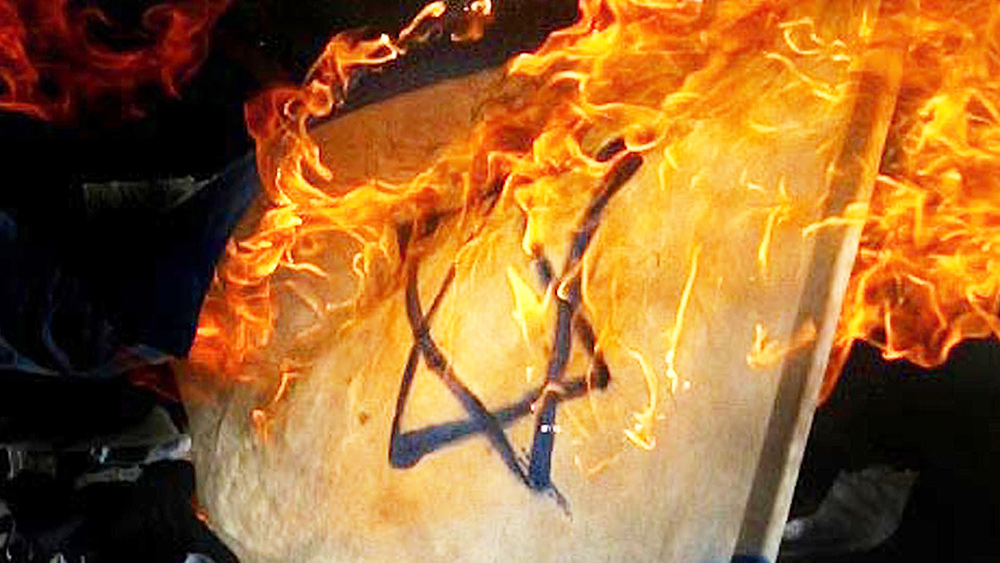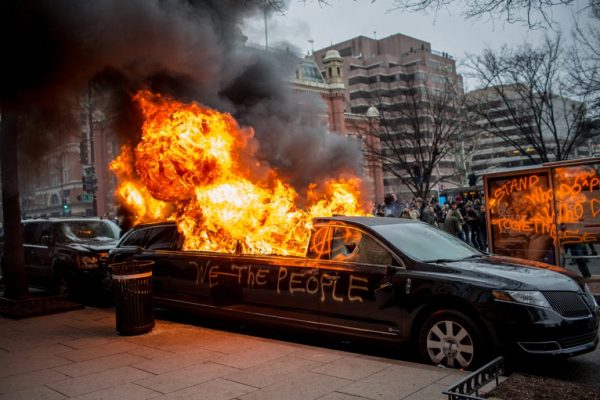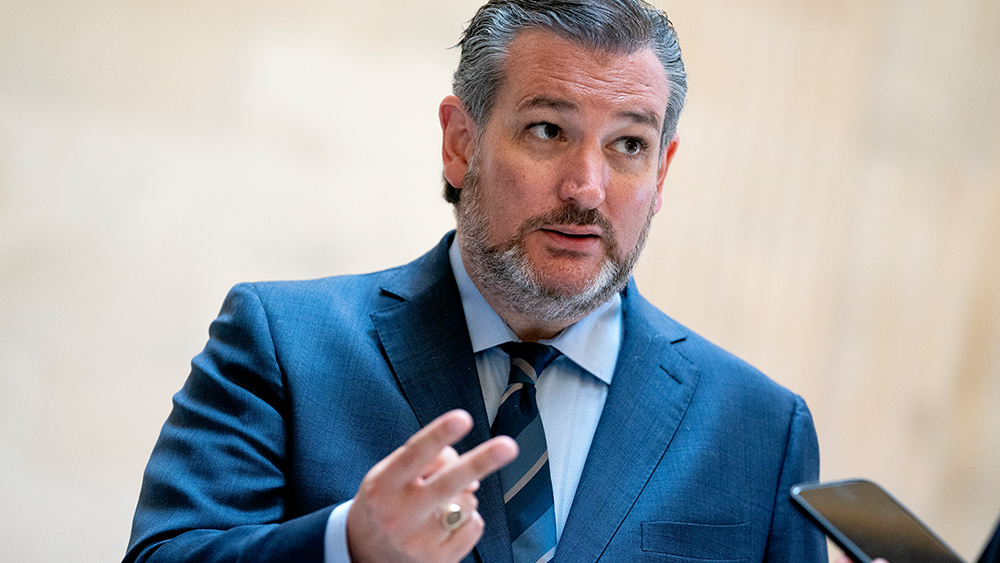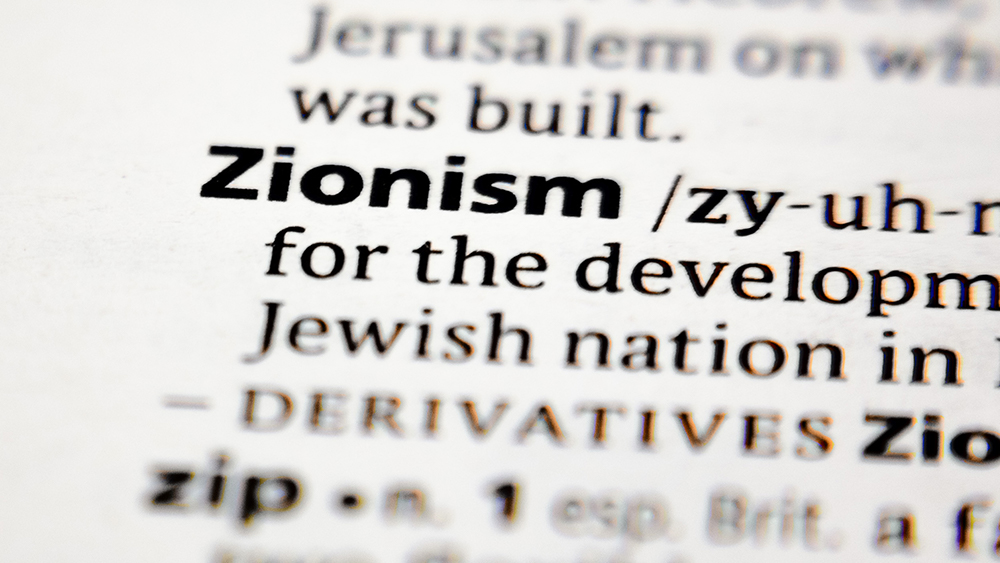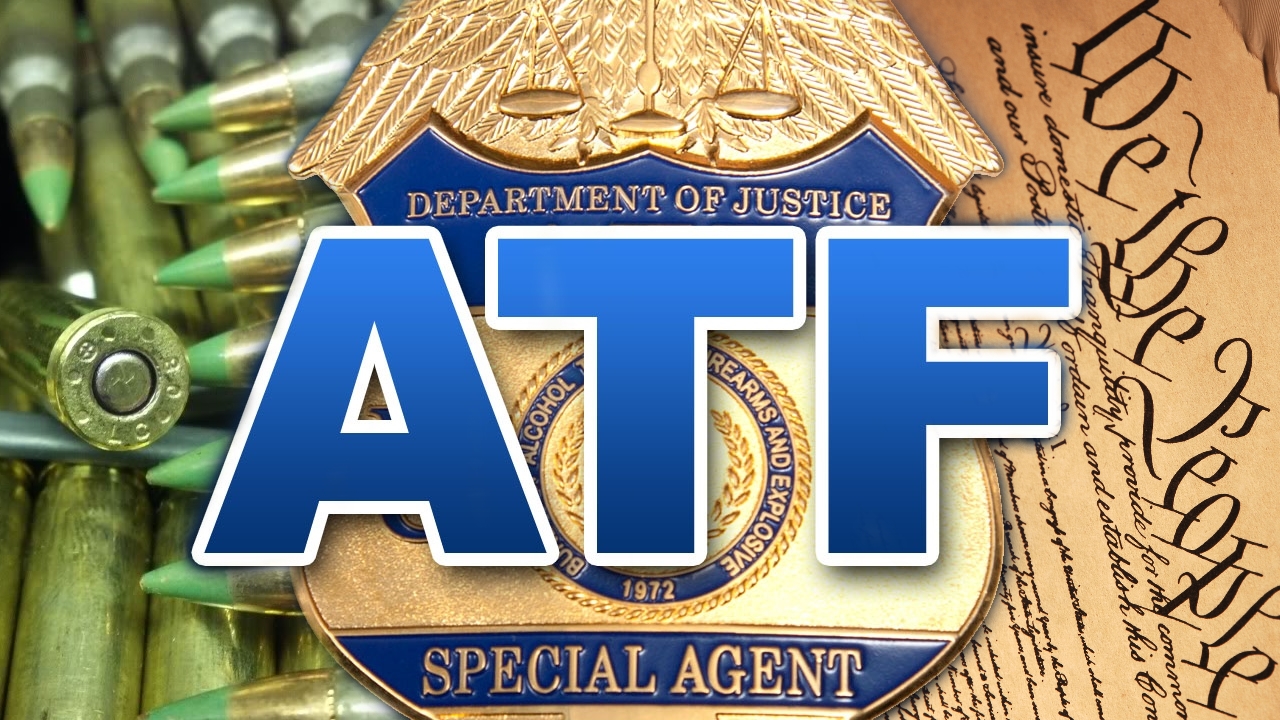
- The German Interior Ministry is advising schools to prepare students for potential crises and war, reflecting heightened tensions and perceived threats from Russia.
- The Bundeswehr views a Russian attack on NATO territory as a "realistic scenario" within the next four to seven years, leading to recommendations for crisis response training in schools and emergency supply stockpiling.
- This push for civil defense education is reminiscent of Cold War measures and is driven by current geopolitical tensions and a perceived lack of U.S. leadership. Similar initiatives are underway in other European countries, including Poland, Norway, Sweden and Finland.
- The European Commission has recommended that EU citizens stockpile essential supplies to sustain themselves for at least three days in emergencies, aiming to enhance overall resilience.
- The initiative has strong political backing and broader implications for German society and the economy, emphasizing the need for a coordinated and comprehensive response to security threats.
Europe on edge: How the continent is preparing for the unthinkable
While Moscow has repeatedly denied any intention to attack a NATO country, its actions on the ground have contributed to a sense of unease in the region. This has prompted similar calls for "civic readiness" across the European Union and the United Kingdom. In line with the German initiative, the European Commission has recently recommended that EU citizens stockpile essential supplies – including food and water – to sustain themselves for at least three days in case of emergencies. This recommendation is part of a broader strategy to enhance the resilience of EU member states in the face of potential crises. Several European countries have already taken steps to strengthen their civil defense capabilities. Poland and Norway have reinstated Cold War-era measures, such as building bomb shelters and conducting mass military training. Sweden and Finland have also developed guides to help citizens respond to potential attacks, reflecting a growing awareness of the need for preparedness. Senior conservative lawmaker Roderich Kiesewetter of the Christian Democratic Union has voiced his support for the initiative. "It is absolutely necessary to practice emergency scenarios, as students are particularly vulnerable and especially affected in such situations," he told Handelsblatt. Kiesewetter, deputy chairman of the Bundestag's intelligence oversight committee, further suggested that basic disaster response training could be beneficial and even serve as a precursor to a possible national service program. The lawmaker cited Finland as an example of a country where such training already exists. While the specter of war looms large, the emphasis on preparedness and resilience offers a ray of hope in an uncertain world. The collective efforts of governments, schools and citizens to enhance their ability to respond to crises will be crucial in ensuring the safety and security of the European continent. Watch this video about Germany admitting the need to normalize relations with Russia. This video is from Cynthia's Pursuit of Truth channel on Brighteon.com.More related stories:
Germany prepping nuclear bunkers as WWIII with Russia looms. NATO draws up plans to deploy 800,000 troops through Germany to fight Russia. The big change ahead: NATO starting a war with Russia? German foreign minister admits country is at war with Russia. Sources include: RT.com IFPNews.com POLITICO.eu Brighteon.comPOLL: U.S. support for Israel drops to lowest level in decades amid Gaza War
By Laura Harris // Share
Survival 101: Dangerous places to avoid when disaster strikes
By Zoey Sky // Share
Nature’s arsenal: How plant compounds power military survival and healthcare in crisis
By Belle Carter // Share
Gardening tips: 15 Simple tricks to double your garden’s yield this season
By Zoey Sky // Share
Building a prepper food stockpile on a budget: A practical guide for every household
By Zoey Sky // Share
Gold prices surge past $3,200 as experts warn of U.S. dollar collapse under Trump policies
By Finn Heartley // Share
TAKE IT DOWN Act advances in Congress amid free speech concerns
By willowt // Share
Trump proposes historic $1T defense budget amid global tensions and government spending scrutiny
By bellecarter // Share
U.S. vows to counter Chinese influence in Panama Canal
By avagrace // Share
DOJ and ATF kill Biden's "Zero Tolerance" firearms dealer policy
By lauraharris // Share
POLL: U.S. support for Israel drops to lowest level in decades amid Gaza War
By lauraharris // Share
